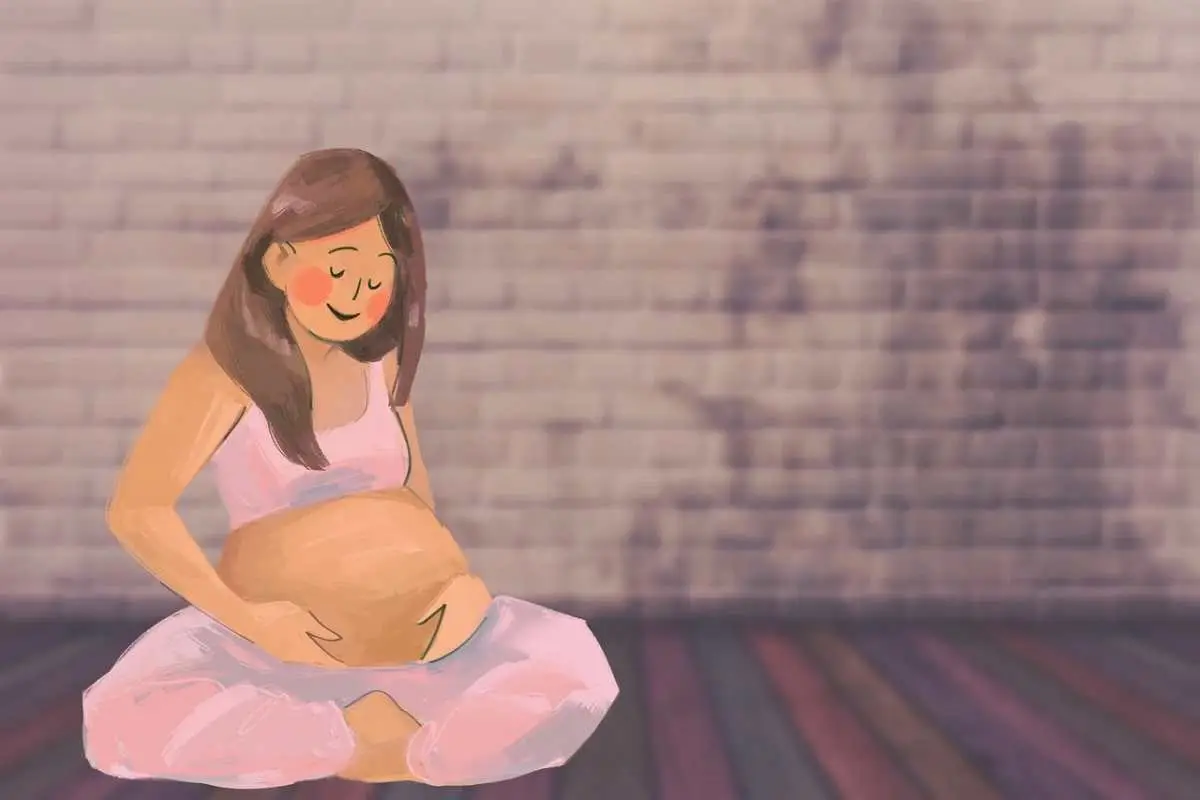A Month by Month Guide ↓
One of the most amazing parts of pregnancy is feeling your baby move for the first time. These small flutters and kicks are a reassuring indicator that life is developing inside you, making the experience even more unique. But when should you expect to feel your baby’s first movements? Let’s look at the progression of baby movement throughout pregnancy.
When do you begin to feel your baby's movements?
Baby movement, also known as quickening, normally occurs between 16 and 24 weeks of pregnancy. However, each expectant mother’s exact timing differs. First-time mothers may not notice the motions until closer to 20-24 weeks. Experienced mothers may feel them as early as 16 weeks since they know what to expect.
If you haven’t felt any movement by 24 weeks, you should contact your doctor or midwife to make sure everything is going OK.
Baby Movements Month by Month
✅ Month 3 (Weeks 9–12): Baby is moving but you can’t feel them. Sometimes you can see them on an ultrasound.
✅ Month 4 (Weeks 13–16): Some people (especially those who have been pregnant before) start to feel very light movements. These are often described as fluttering or bubbling.
✅ Month 5 (Weeks 17–20): Many people feel baby for the first time during this period. They start out subtle and get stronger.
✅ Month 6 (Weeks 21–24): Movements become more noticeable and can include kicks, rolls and stretches. You may start to see a pattern in baby’s activity.
✅ Month 7 (Weeks 25–28): Baby’s movements are stronger and more frequent. You should be feeling movement every day by now.
✅ Month 8 (Weeks 29–32): Baby is growing and movements may feel more intense. You may also see movement from the outside.
✅ Month 9 (Weeks 33–40): Baby has less space so movements may feel different but should be regular. If you notice any decrease or change in movement patterns, call your healthcare provider.
How Often Should I Feel My Baby Move?
There’s no set number of kicks a day as every baby has their own movement pattern. By 28 weeks most moms can recognize their baby’s daily rhythm.
Babies move more at night when you’re resting. They move after meals, sugary drinks or when you’re lying down. If your baby’s movement suddenly stops or decreases, contact your doctor or midwife immediately.
Can I Make My Baby Move?
If you haven’t felt movement for a while try these:
✔️ Drink something cold or sugary.
✔️ Gently tap or rub your belly.
✔️ Play some music or talk to your baby.
✔️ Change positions—lying on your side can sometimes get them moving.
If none of these work and you don’t feel movement within 2 hours, call your healthcare provider.
















